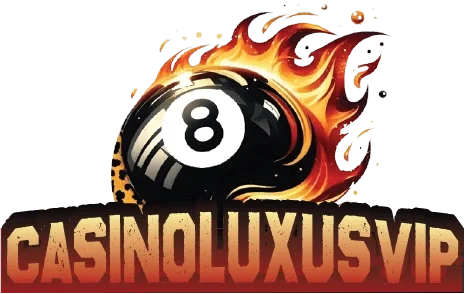The past decade has seen a revolution in gaming, with technology advancing at breakneck speed and game developers pushing the boundaries of storytelling, gameplay mechanics, and immersion. What defines the best games cbrbet of the decade? It’s not just technical achievement or critical acclaim, but the ability to capture players’ imaginations, offering them experiences that are more than just entertainment—they are cultural milestones. From emotionally-charged adventures to mind-bending open worlds, the best games of the 2010s set a new standard for what video games could be.
The Last of Us (2013) is undoubtedly one of the defining titles of the decade. Naughty Dog’s masterpiece blended storytelling and gameplay in a way that felt groundbreaking. Players were not just controlling characters—they were living through their experiences. The bond between Joel and Ellie, the game’s protagonists, became the emotional core of the narrative, making players question the lengths they would go to in a post-apocalyptic world to protect their loved ones. The Last of Us was a rare example of how video games could move beyond action and spectacle, diving deep into themes of love, loss, and survival in ways only interactive media could accomplish.
Red Dead Redemption 2 (2018) further pushed the boundaries of open-world games. Rockstar’s follow-up to the original Red Dead Redemption offered an unparalleled level of detail and realism, with a narrative that felt like a living, breathing part of the world. The game’s immersive environment, stunning visuals, and intricate character development made it feel like stepping into a wild west film, but one where your choices had real consequences. Every moment in the game—from the way the sun sets over the horizon to the subtle interactions between characters—felt meticulously crafted. It’s a prime example of how the medium of video games can tell deeply personal, yet universally resonant stories.
In the action-adventure genre, The Witcher 3: Wild Hunt (2015) set new standards for role-playing games. CD Projekt Red delivered a sprawling world filled with rich lore, unforgettable characters, and quest design that rivaled the best in literature and film. Geralt of Rivia’s journey wasn’t just about monster-slaying—it was about navigating a morally complex world, full of gray areas and tough choices. Whether players were fighting for survival in brutal combat or seeking out hidden secrets, The Witcher 3 consistently provided moments of awe and wonder. Its expansions, such as Blood and Wine, further expanded on the game’s world, introducing new lands, characters, and narratives that made the game feel ever-expanding.
Breath of the Wild (2017), a launch title for the Nintendo Switch, redefined the open-world genre in a completely different direction. While most open-world games relied on heavily scripted narratives and structured quest lines, Breath of the Wild gave players freedom in its purest form. The game’s open world was alive and reactive, with physics-based interactions that allowed players to solve puzzles and overcome obstacles in countless creative ways. Its minimalist storytelling pushed the idea that a game world could be about exploration and discovery, not just about completing tasks. The result was a game that felt infinitely replayable, with hidden secrets waiting to be uncovered at every corner.
Another key title of the decade was Overwatch (2016), Blizzard’s foray into the hero shooter genre. Combining the fast-paced gameplay of team-based shooters with the depth of characters and strategy, Overwatch became a global phenomenon. It’s a game that rewarded both individual skill and team coordination, and its roster of diverse characters, each with unique abilities and backgrounds, brought a refreshing level of personality to the shooter genre. The game’s inclusive design, with an emphasis on accessibility and diverse representation, set it apart from its competitors and made it beloved by players of all kinds.
The decade also saw Fortnite (2017) take the gaming world by storm. Initially launched as a co-op survival game, Fortnite quickly evolved into a cultural juggernaut, particularly with the introduction of its battle royale mode. Its free-to-play model, coupled with regular content updates, transformed Fortnite into more than just a game—it became a virtual social space. Its influence can be seen across other gaming platforms, and its impact on the battle royale genre and the larger gaming landscape cannot be overstated.
Lastly, Minecraft continued its incredible run of success into the 2010s, evolving from a niche indie title into a worldwide phenomenon. It’s one of the best-selling games of all time, largely due to its creative sandbox mechanics, where players could build anything they imagined. What started as a simple game of blocks became a platform for creativity, education, and community engagement. Its constant updates and the sheer variety of ways people can engage with the game keep it relevant, and its legacy will likely extend far beyond the decade.
